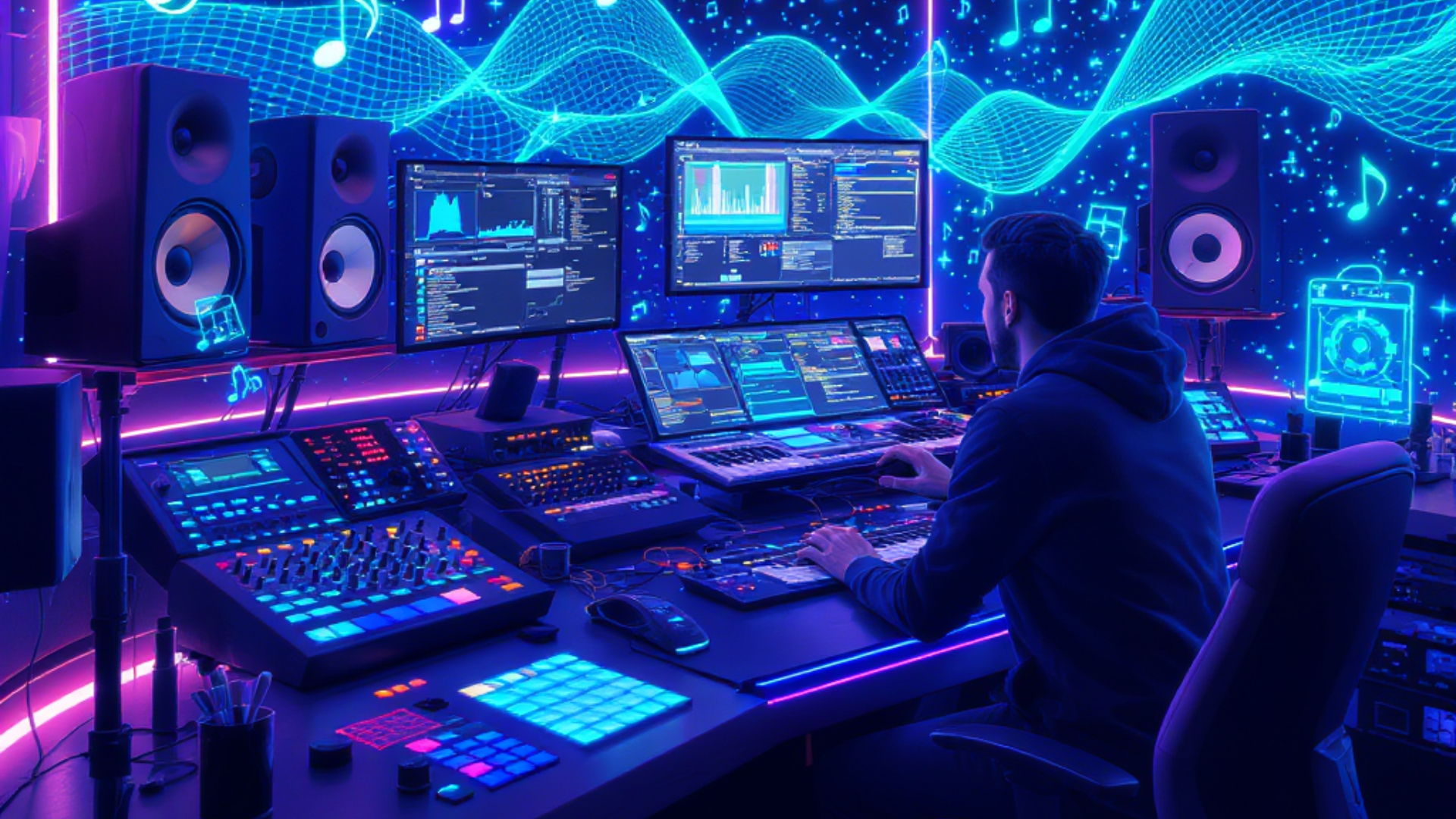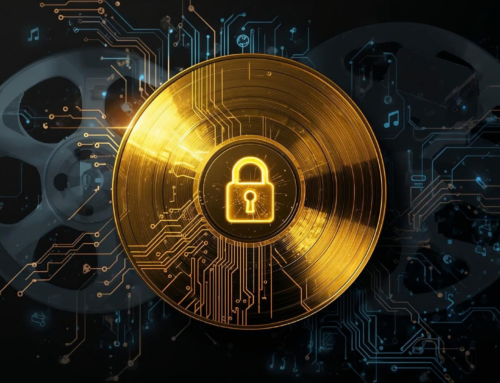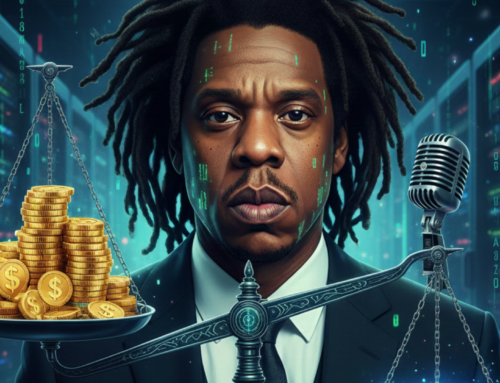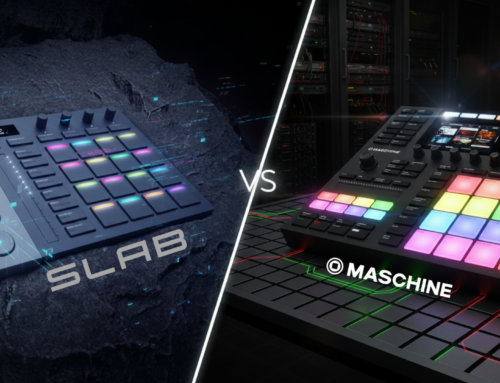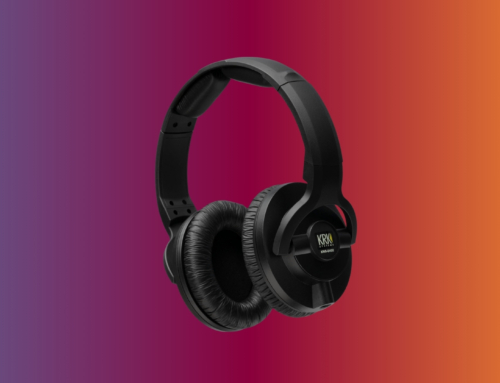The New Studio Assistant: AI in the Creative Process
Walk into any modern studio in 2025 and you’ll find AI tools sitting right alongside synths and drum machines. These aren’t just fancy plugins—they’re collaborators, capable of generating melodies, suggesting chord progressions, and even writing lyrics. Platforms like Mozart AI and BandLab have made it possible for anyone, regardless of musical background, to experiment with songwriting and composition at a professional level.
What’s changed is the accessibility. You don’t need to be a seasoned producer to get started. AI-powered tools can now:
- Generate full song structures in seconds
- Suggest harmonies and lyrics based on your input
- Emulate the style of any genre or artist
- Offer real-time feedback on arrangement and mix
For independent artists and bedroom producers, this means less time wrestling with creative blocks and more time focusing on the emotional core of their music. For professionals, AI is a powerful brainstorming partner, never running out of ideas or energy.
Mastering, Mixing, and Beyond: AI’s Technical Edge
AI isn’t just about creativity—it’s also about efficiency and quality. Automated mastering services like Landr and iZotope’s Ozone have become industry standards, using machine learning to analyze tracks and apply precise adjustments for streaming platforms, radio, and more. These tools can:
- Balance mixes for clarity and punch
- Suggest mastering settings tailored to your genre
- Optimize tracks for different streaming services
- Tag and distribute music with smart metadata
The result? Professional-sounding releases without the need for expensive studio time. This democratization of high-quality production is leveling the playing field for artists everywhere.
Real-World Impact: From Bedroom to Billboard
AI’s influence isn’t just theoretical. In the past year, several charting tracks have credited AI as a co-writer or production assistant. Producers are using AI-generated stems to jumpstart remixes, while vocalists experiment with AI voice cloning to create harmonies or even duet with their own digital selves.
Some of the most exciting developments include:
- AI session musicians: Need a jazz solo or a string section? AI can generate it on demand, tailored to your song’s mood and tempo.
- Genre-bending collaborations: Artists are blending AI-generated elements with live instruments, creating sounds that would be impossible otherwise.
- Live performances: DJs and performers are using AI to generate transitions and soundscapes in real time, responding to audience energy on the fly.
The Copyright Conundrum: Who Owns AI Music?
With all this innovation comes a wave of legal and ethical questions. In 2025, the U.S. Copyright Office and courts have drawn a clear line: works created entirely by AI cannot be copyrighted. If you use AI as a tool—guiding its output, editing, and arranging—you can claim copyright. But if you simply prompt an AI and publish the result, you’re out of luck.
This has major implications:
- Human contribution is key: To secure copyright, artists must show meaningful creative input.
- No copyright for pure AI: Music generated solely by AI, with no human editing or arrangement, is considered public domain in the U.S..
- Co-writing credits: Some artists are now crediting AI tools as co-writers or “gear” on streaming platforms, though this remains a gray area.
The ELVIS Act and the Push for Artist Protection
Tennessee’s ELVIS Act, which took effect in July 2024, is the first law in the U.S. to specifically protect musicians from unauthorized AI voice cloning. It’s now a criminal offense in Tennessee to use AI to mimic someone’s voice without permission—a response to viral deepfake songs and the growing power of AI voice models.
Other states and countries are watching closely, and more legislation is expected as AI-generated music becomes even more widespread.
The Human Touch: Creativity, Ethics, and the Future
For all its power, AI can’t replace the human spark. The best results come when artists use AI as a collaborator, not a substitute. There’s a growing movement among producers to treat AI as a creative partner—one that can handle the technical heavy lifting, suggest new directions, and free up time for genuine artistic expression.
But the conversation is far from over. As AI-generated music floods streaming platforms, questions about authenticity, fair compensation, and the value of human artistry are more urgent than ever. Some fear a future where algorithms drown out real voices; others see AI as a tool to unlock new forms of creativity.
What’s Next?
AI is here to stay, and its role in music production will only grow. The challenge for artists, producers, and the industry is to harness its potential while preserving what makes music meaningful: emotion, connection, and the unmistakable touch of human creativity.
Whether you’re a seasoned pro or just starting out, now’s the time to experiment, adapt, and find your own balance between man and machine. The future of music is being written today—one collaboration at a time.
